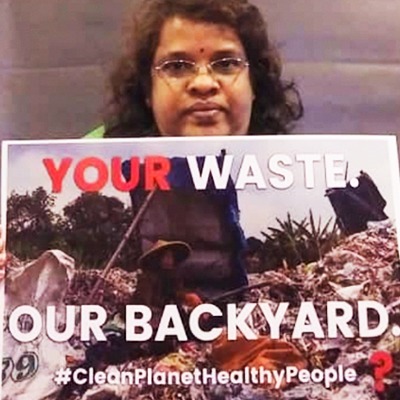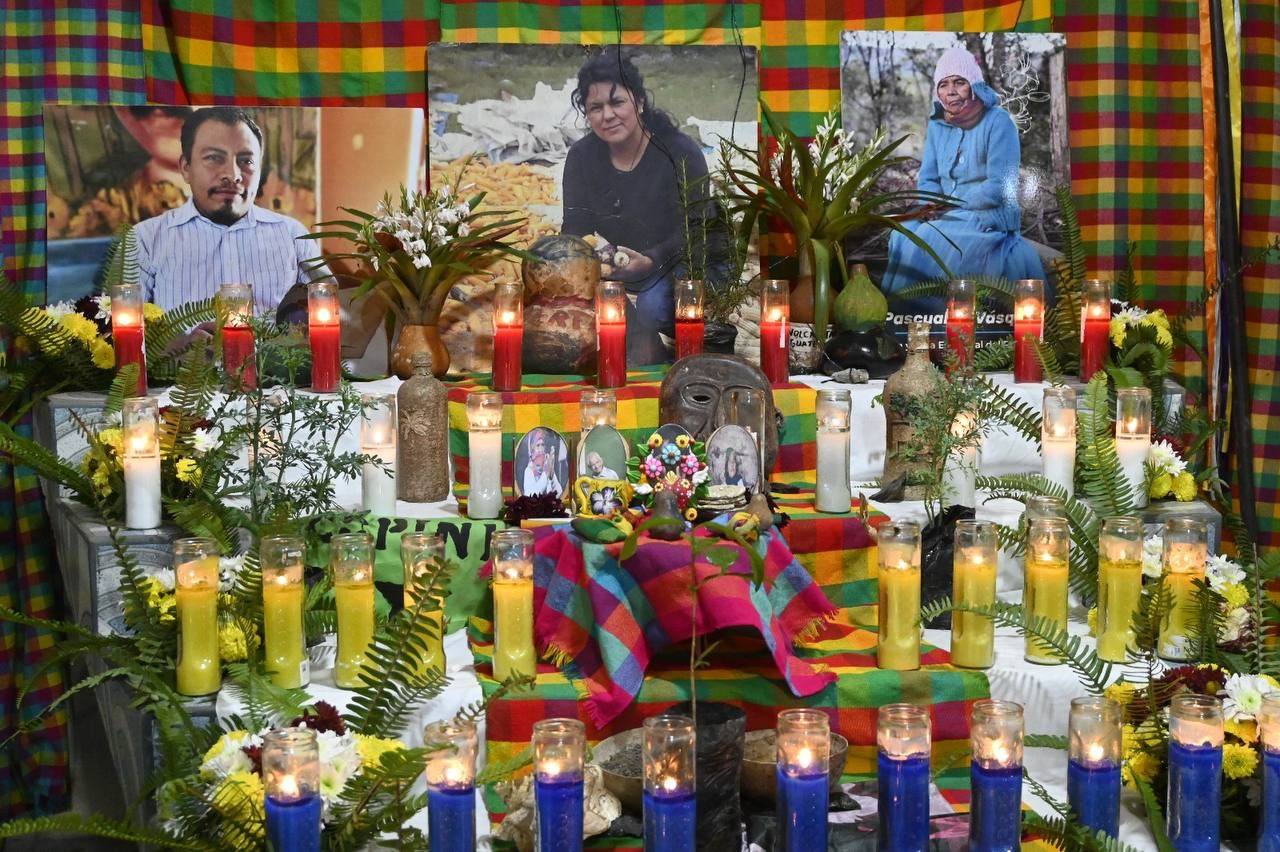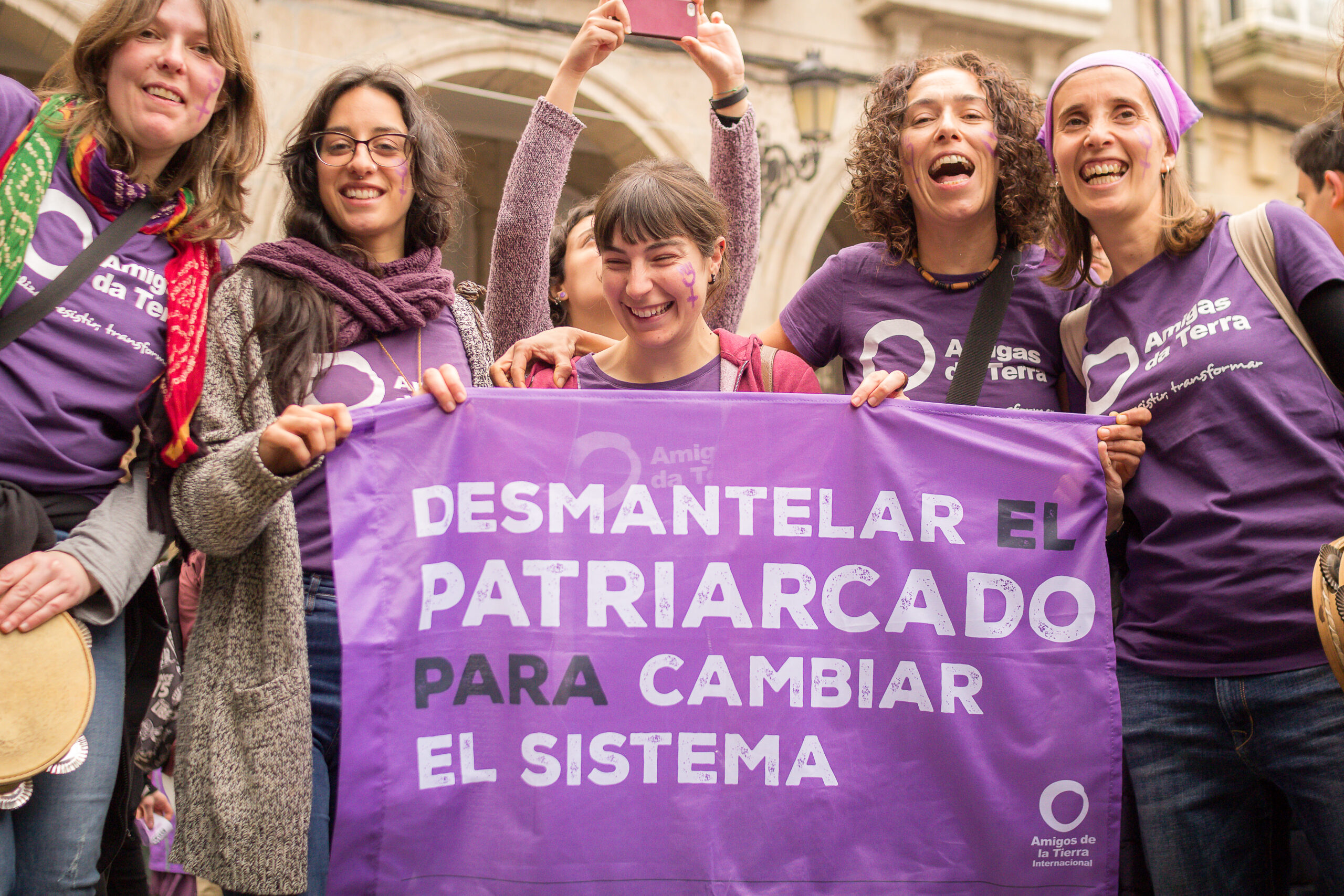What is going on with plastic waste in the Asia Pacific region?
Three activists from this region tell us the reality behind the business of plastic waste trade
 Mageswari Sangaralingam.
Mageswari Sangaralingam.
“Asia is drowning in plastic,” says a new report from the Centre for Environmental Justice/Friends of the Earth Sri Lanka, launched in the wake of the 15th UN COP to the Basel Convention, which was held online from 26 to 30 July. The report, entitled “Breaking the Plastic Cycle in Asia”, exposes the reality of plastic waste dumping for people and the environment across the region.
At the international level, regulations governing waste trade and management are enshrined in the “Basel Convention on Transboundary Movement of Hazardous Waste and their Disposal”, adopted in 1989.
In March 2018, China caused a shake up in the global plastic waste system by banning imports of plastic waste. This set off a chain reaction, as northern countries struggled to cope with higher waste export prices and rising landfill, and waste soon flooded countries in south east Asia. Indonesia, Malaysia, Vietnam, India, Taiwan and Thailand all faced rapid increases in plastic waste imports.
Real World Radio spoke to three activists from Sri Lanka, Malaysia and Australia, to find out more about what is going on with all this plastic waste:
-
Mageswari Sangaralingam, from Sahabat Alam Malaysia/Friends of the Earth Malaysia;
-
Hemantha Withanage, Chair of Friends of the Earth International and Senior Advisor to the Centre for Environmental Justice/Friends of the Earth Sri Lanka;
-
Sam Cossar Gilbert, Co-coordinator of Friends of the Earth International’s Economic Justice and Resisting Neoliberalism programme and member of Friends of the Earth Australia.
They explained how many Asian countries, lacking waste management strategies, regulations and facilities, are resorting to open dumping and burning which harms human health, oceans and the environment. Our activists describe the toxic fumes from illegal plastic burning in Malaysia, the rising marine pollution around Sri Lanka and the stacking up of landfill sites across Australia.
But Friends of the Earth groups and other organisations are working together to change the system and break free from plastic. The activists tell us more about international-level campaigns for a legally binding treaty on plastic production, legal actions, and local initiatives which show it is possible to produce and consume in a different, more sustainable and economically-viable way.





